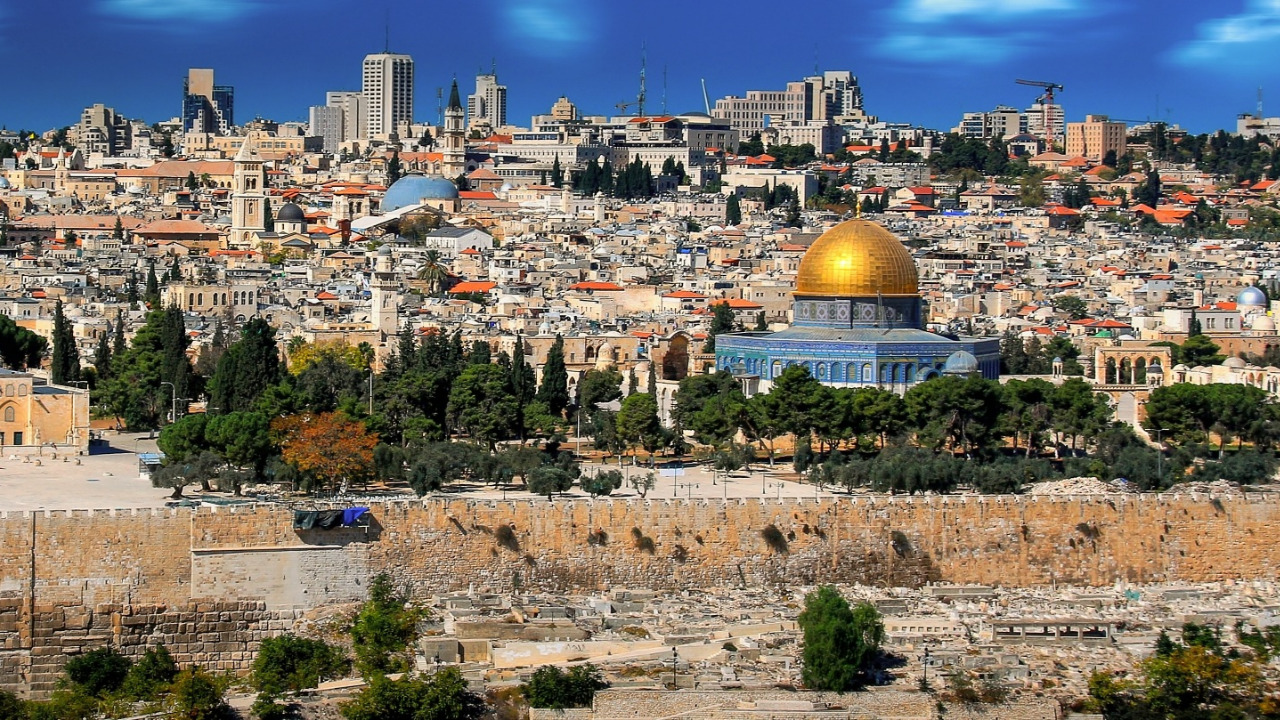Date first published: 15/03/2022
Key sectors: all
Key risks: war-on-land
Risk development
On 10 March Israeli Foreign Minister Yair Lapid met with Jordanian King Abdullah II in Amman in an effort to calm tensions in Jerusalem and across the West Bank amid an uptick in violent clashes and ahead of upcoming religious celebrations.
Why it matters
The coincidence of key holidays for the regions core religions falling over the same period may spur intercommunal violence. This was the focus of a recent meeting between Lapid and King Abdullah II and indicates their mutual concern over a potential return to violence over the festive period. The Jewish holiday of Purim begins on 16 March and this year the Muslim holy month of Ramadan will coincide with both the Jewish holiday of Passover and Christian Easter celebrations. Religious celebrations in Jerusalem often gravitate around the compound housing both the Al-Aqsa Mosque and Temple Mount. The al-Aqsa Mosque is built on a contested hilltop and is a frequent flashpoint for clashes in Jerusalem – a city considered holy to all three Abrahamic faiths. Historically, the protection of al-Aqsa Mosque falls under the custodianship of the Jordanian Royal Family. On 14 March Hamas issued a warning stating that there would be ‘dire consequences’ if settlers were to ‘desecrate’ al-Aqsa Mosque during the celebrations. Moreover, the Grand Mufti of Jerusalem called for Palestinians to ‘defend’ the compound during the festival. The presence of Israeli worshippers at the compound during religious festivals has previously resulted in violent confrontations.
Background
The meeting between Lapid and King Abdullah II came ahead of the first anniversary of the violent clashes between Israeli Defense Forces (IDF) and Palestinian protestors which partly fuelled an 11-day war in the Gaza Strip. Despite an Egyptian-brokered ceasefire agreement between Israel and Hamas on 20 May 2021 tensions have remained high. Tensions have also been rising across the Palestinian territories and in Jerusalem, with violent clashes between Palestinians, the IDF and Israeli settlers an almost daily occurrence. A key source of contention and a driver of recent violence has been the ongoing process of arbitrary evictions and demolition of Palestinian homes, particularly in hotspot areas such as the Shaikh Jarrah neighbourhood in East Jerusalem and across the West Bank. Hamas has maintained the evictions of Palestinians in Sheikh Jarrah is a redline and will take up arms should Israel follow through. Whilst a recent court hearing temporarily suspended the evictions, the fate of the families remains uncertain. Demonstrations in opposition to evictions often deteriorate into violence and are met with disproportionate force by the IDF, which often deploy tear gas, rubber bullets and live fire. In retaliation, Palestinians have regularly attacked property and vehicles belonging to Israeli settlers, and the latter have responded with similar attacks. These confrontations have encouraged regular night-time raid and search operations by the IDF to arrest suspected Palestinian agitators in the West Bank. Tens of Palestinians have been detained, injured or killed as a result of Israeli security operations since the beginning of 2022.
Risk outlook
Intercommunal violence will remain a key feature of political and security life in Jerusalem and the West Bank. There is a risk that Palestinians will attempt to occupy or obstruct the access of Jewish worshippers to al-Aqsa Mosque during Purim celebrations, potentially resulting in clashes with the IDF. Should violence occur, there is a high risk of escalation. Moreover, a resumption of evictions in Shaikh Jarrah and elsewhere in the West Bank will increase the likelihood of further violent clashes and heightened tensions with Hamas.



